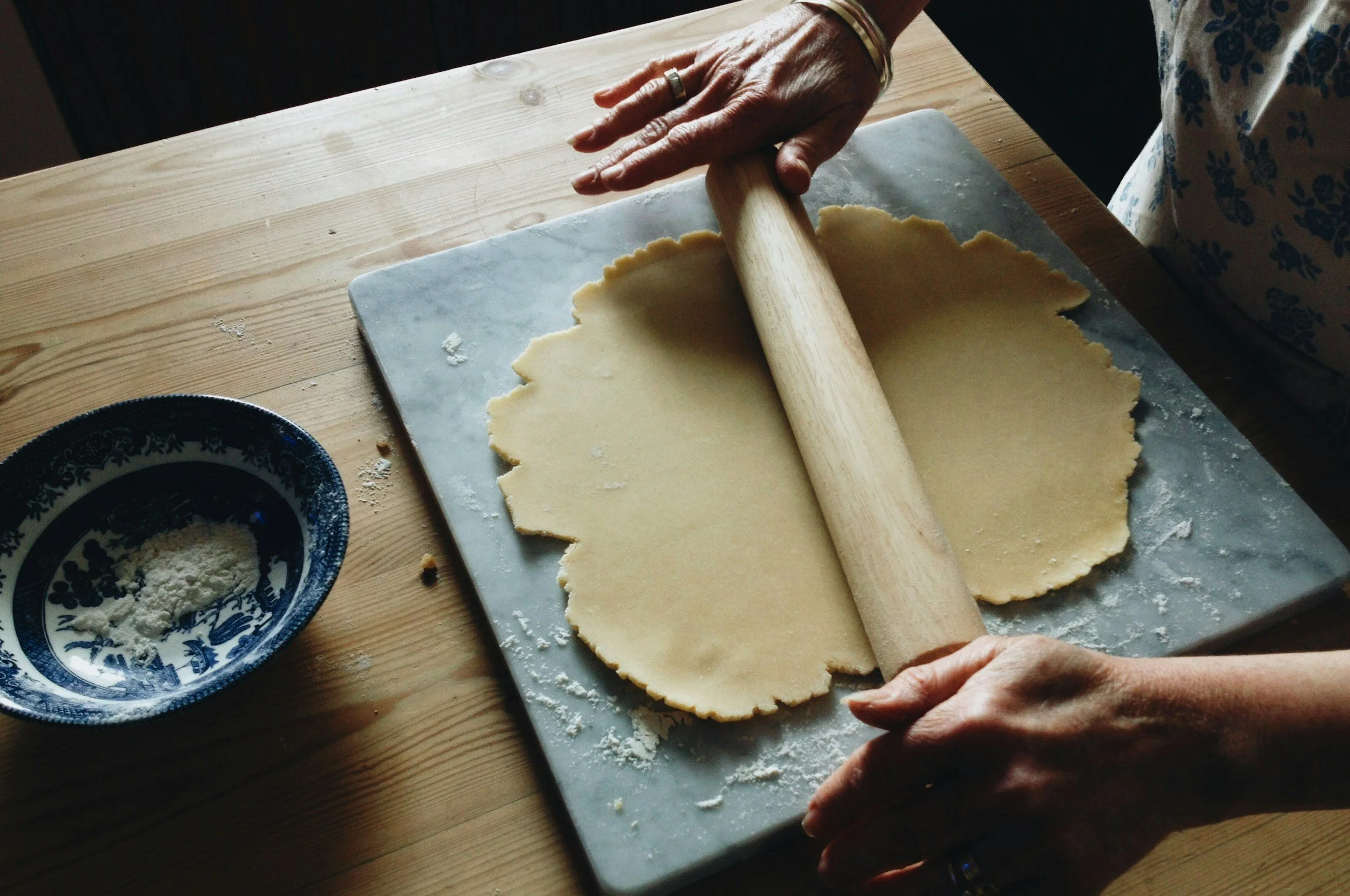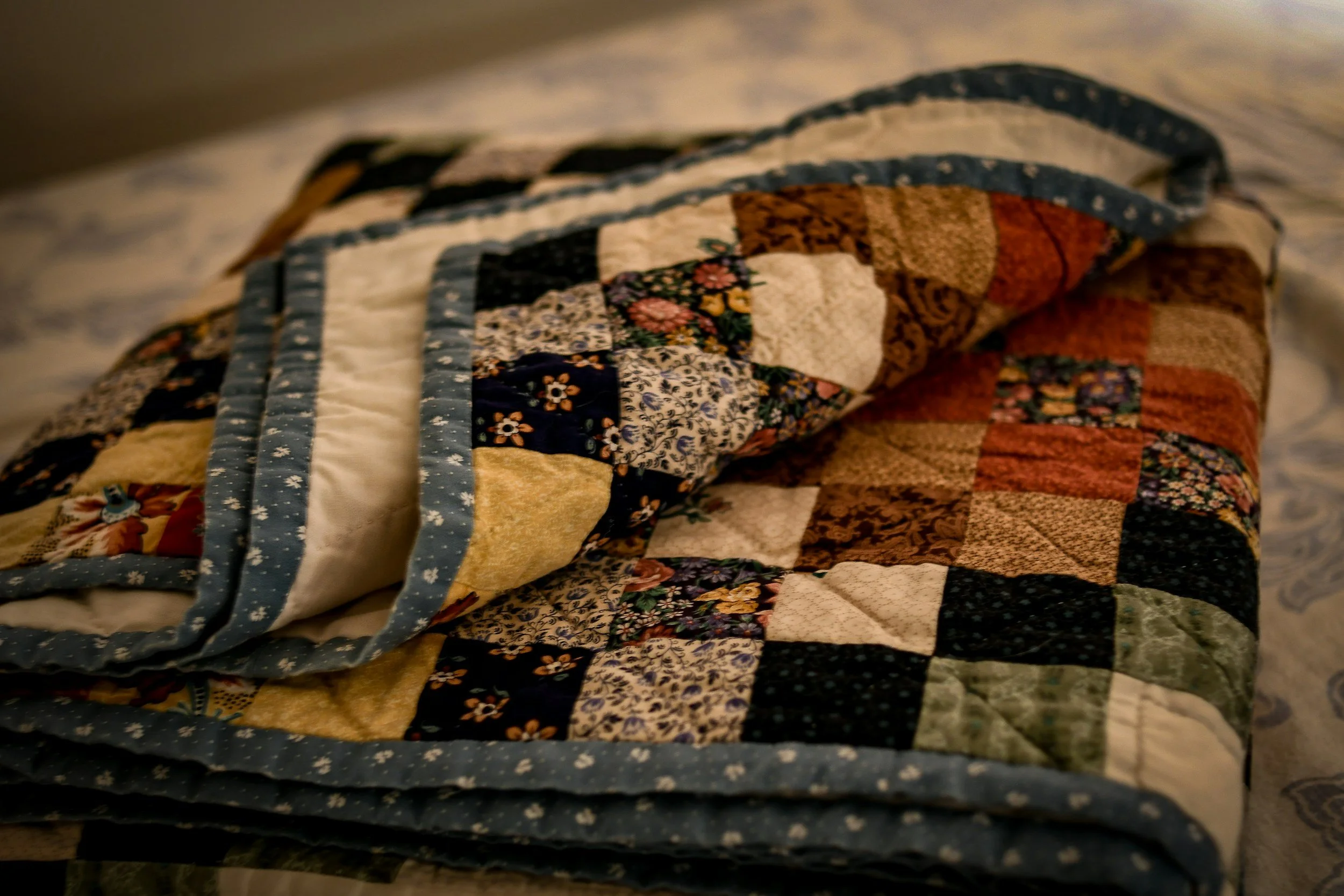A Weeping Woman Probably Shouldn’t Be Driving
We began with Martha the cat, Nashville, Tennessee, 1974. Mary and I had not yet met, but Muffy, a mutual friend, was helping Mary find a place to leave her cat, Martha, for a week or two during Christmas. Jeffrey and I lived in the country, and Muffy delivered Martha to us. Three weeks later, Martha was still with us.
Keeping Martha longer would not have been an issue, had Jeffrey not decided to stay out all night after spending the afternoon with his former girlfriend. No call. No Jeffrey. I was distraught, unable to sleep, just kept pacing and anxiously waiting for him to return. Which he did, midmorning. I cried and cried, he reassured and reassured, “It was nothing,” that sort of thing. I couldn’t believe this was happening, and everything in our life suddenly felt wrong and too complicated. Martha felt like a complication. I found Mary’s number and called her, saying I had to return Martha right then. She said sure, come right over, and gave me her address. This was the first time we had spoken to each other.
I packed Martha into her box and drove the thirty minutes into town, sobbing and ranting most of the way, scared, wondering if my life with Jeffrey was over, not knowing what was going to happen. How could things have changed so suddenly?
I parked in back of Mary’s apartment house, blew my nose, and carried Martha in her box up the stairs. I didn’t want to be crying or for this woman I didn’t even know to ask what was wrong. I tapped on the door with my elbow and heard Mary call out, “I’ll be right there.” She opened the door and took the box from me. She smiled at me, and I might have managed some semblance of a piece of a smile as I quickly turned to go back down the stairs and head home to the unknown. I knew I couldn’t keep my tears back much longer.
Mary said, “Hey, um, thanks. How are you doing?”
I looked back at her and burst into tears, sobbing, choking in my misery.
“Oh. Maybe you should sit down for a minute.” I didn’t move, so Mary pulled my sleeve and led me to her couch.
She sat there silently, and I sat there dripping tears all over her couch.
We were both twenty-four then. We’re seventy-two now, and have called each other best friends for forty-seven years. It would be unoriginal to say here that we’ve been through marriages, divorces, births, infertility, illnesses, together, which of course, we have. But what is unique to us is that together we have also been through what we call “The Melting of Mary,” Mary learning how to be a friend, how to show up, how to shed the emotional mummy casing she lived in. When we met that day, she didn’t know how to ask personal questions or to probe or identify feelings, feelings I was dripping all over her couch.
All she knew was that a weeping woman probably shouldn’t be driving. My best friend, Mary.
-Judy Eron
Judy Eron splits her time between the ocean in Washington state and the remote mountain desert of southwest Texas, where she and her partner, Charlie, enjoy off-the-grid living in a house she helped to build. Summers, Judy is rhythm guitarist and songwriter for country band Double J and the Boys. She is the author of What Goes Up: Surviving the Manic Episode of a Loved One.





















